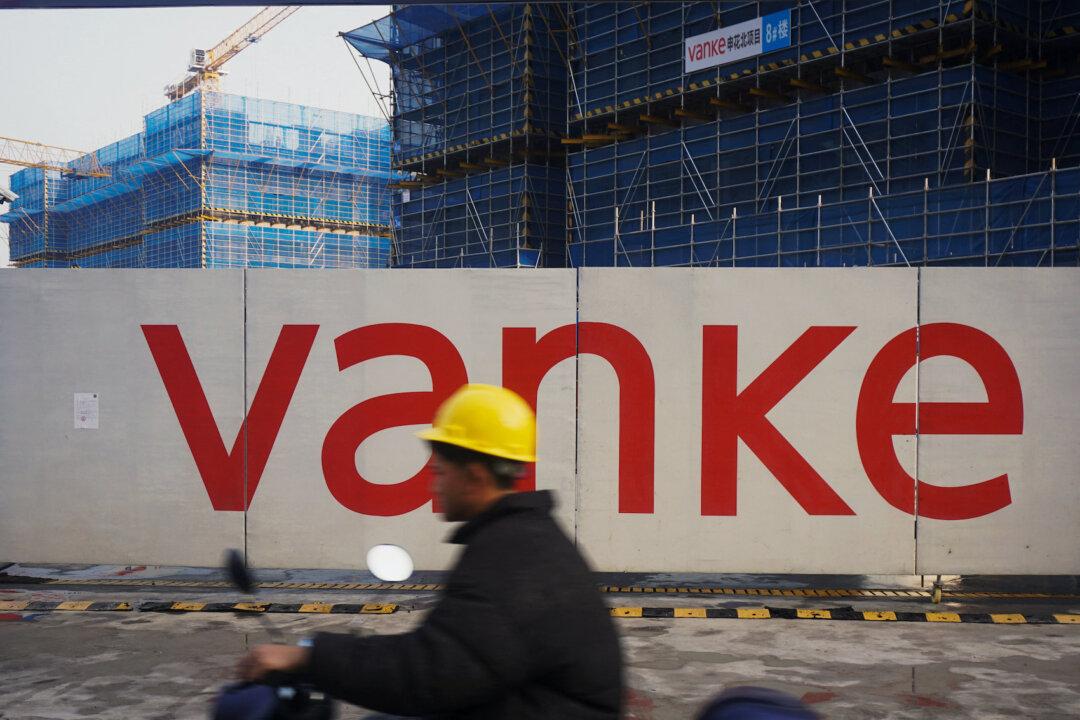Amidst China’s economic downturn and wave of defaults within its cornerstone real estate industry, concerning signs are emerging, such as sales centers involving unexpected partnerships and incentivized queues outside of sales offices.
On the Hong Kong Stock Exchange, Shanghai-based property developer Shimao Group recently announced on April 8 that China Construction Bank had filed a liquidation petition against the company, entailing a substantial financial obligation of $202 million. This announcement led to a historic low in Shimao’s stock price, plummeting over 14 percent to just HK$0.39 (US$0.05), marking a 40 percent decline for the year.





